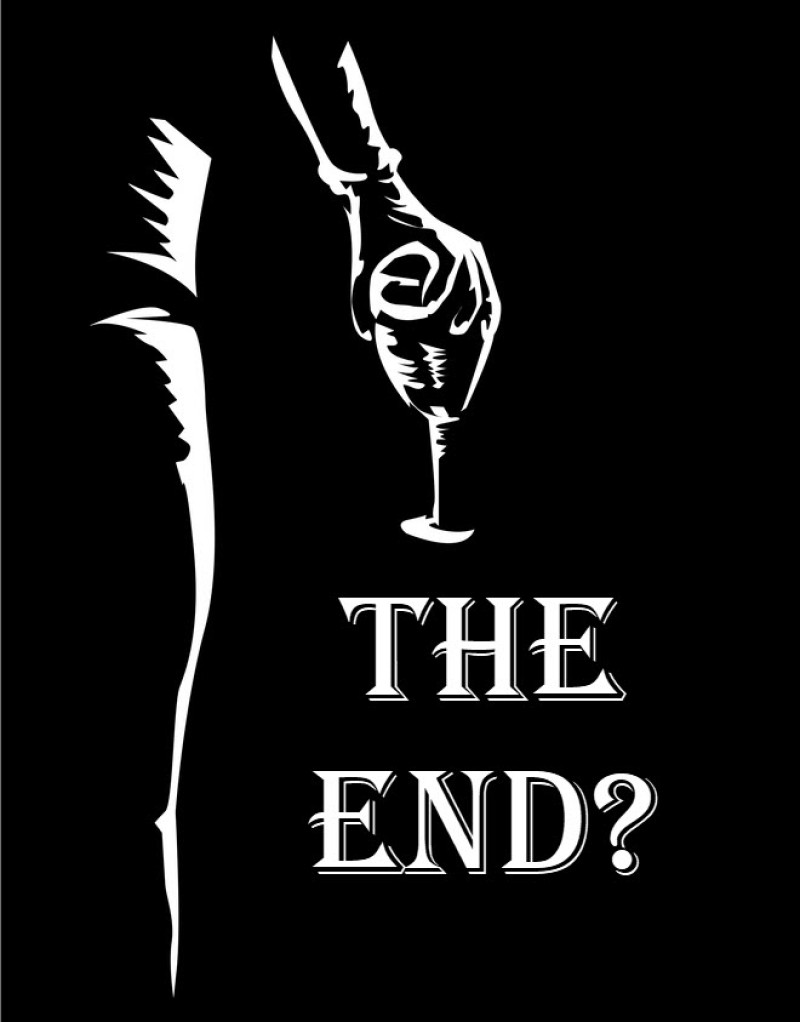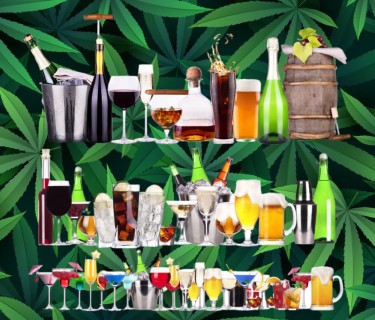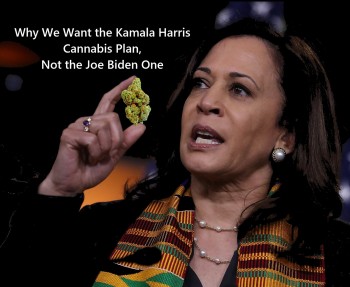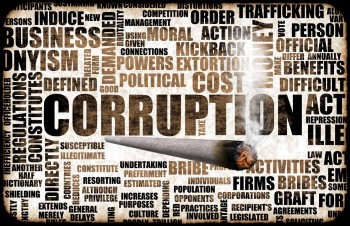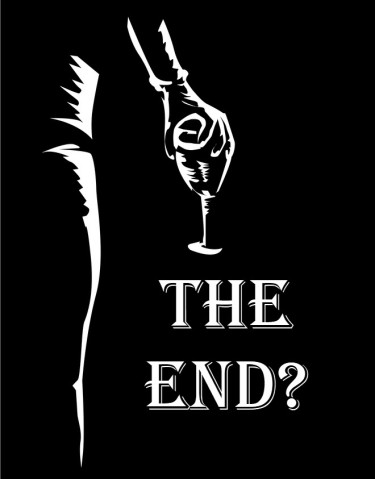
The Last Round: Why Cannabis Beverages Have Alcohol Companies Trembling
I've been staring at this cannabis-infused beverage in my fridge for days now. A sleek can promising relaxation without the hangover, purchased on a whim during my last dispensary visit. As someone with over two decades of cannabis experience, I'm surprisingly hesitant about this new consumption method. Unlike the familiar ritual of grinding flower and rolling a joint, this represents something different—a new frontier of cannabis consumption that feels distinctly... mainstream.
And therein lies the rub for alcohol companies. What I'm looking at isn't just a novelty item for cannabis enthusiasts—it's the early stages of a paradigm shift that threatens the very foundation of the alcohol industry. A recent newsletter from a beverage alcohol insights group plainly states what industry insiders have been whispering about for years: cannabis is cutting into their bottom line.
The alcohol industry is facing declining sales due to a "shifting landscape" that includes "moderation trends," "health and wellness considerations," and explicitly, cannabis. This isn't just market competition—it's existential panic. When the Wholesale Beer Distributors of Texas are actively supporting anti-cannabis legislation while simultaneously acknowledging cannabis as a sales threat, we're witnessing an industry fighting for its life.
As I contemplate finally cracking open this cannabis beverage, I can't help but wonder: am I participating in a revolution that will fundamentally reshape how humans socialize and relax? Let's explore why cannabis beverages have alcohol executives reaching for something stronger than their own products.
The Superiority Complex: Why Cannabis Trumps Alcohol
The alcohol industry's nightmare scenario isn't just competing with another intoxicant—it's competing with a superior one. Cannabis beverages offer the social lubricant and relaxation effects that many seek from alcohol, but with a significantly more favorable risk profile and experience.
Dr. David Nutt, former chief drug advisor to the UK government, famously developed a comprehensive harm assessment that ranked alcohol as the most dangerous drug in society—more harmful than heroin, crack cocaine, and yes, cannabis. His assessment wasn't based on moral panic but rigorous empirical evidence examining harm to users and harm to others. Alcohol scored dismally on both counts.
Cannabis, by contrast, has never been conclusively linked to a single overdose death. The same cannot be said for alcohol, which claims roughly 140,000 lives annually in the United States alone. Cannabis doesn't destroy your liver, it doesn't trigger violent behavior, and it doesn't leave you with crippling hangovers.
The cannabis beverage advantage extends beyond safety. These products allow for precise dosing—something impossible with homegrown cannabis and difficult even with dispensary flower. Most contain between 2-10mg of THC, providing predictable effects without the guesswork. Many also feature balanced ratios of THC and CBD, creating more functional, less intoxicating experiences than traditional alcohol consumption.
Speaking from personal experience, cannabis offers a fundamentally different social experience than alcohol. Rather than the sloppy disinhibition of being drunk, cannabis tends to enhance presence and connection. Conversations become more interesting rather than more slurred. Memory remains intact. The next day brings clarity instead of regret and nausea.
For women especially, cannabis beverages present an attractive alternative to alcohol. The caloric content is typically far lower than wine or beer, they don't cause the facial flushing that many Asian populations experience with alcohol, and—most importantly—they don't increase vulnerability in social situations the way excessive alcohol consumption can.
Put simply, cannabis beverages are starting to look like alcohol 2.0—all the relaxation and social enhancement with fewer downsides. No wonder alcohol executives are nervous.
The Market Revolution: How Cannabis Beverages Are Changing Consumer Behavior
The alcohol industry's panic isn't merely theoretical—it's based on increasingly troublesome market data. Cannabis-legal states are providing a preview of what happens when consumers have legitimate options beyond alcohol.
Research from the University of Connecticut and Georgia State University found that in counties with cannabis legalization, alcohol sales dropped by 15% compared to neighboring counties where cannabis remained illegal. This isn't insignificant—it represents billions in potential lost revenue if expanded nationwide.
But the most frightening aspect for alcohol companies isn't just losing current customers—it's losing future ones. Generation Z is drinking far less alcohol than previous generations. A 2023 Gallup poll found that adults under 35 are more likely to use cannabis than alcohol—a historic shift. For an industry built on hooking consumers early and creating lifelong brand loyalty, this demographic shift represents a potential death spiral.
Cannabis beverages are particularly threatening because they target the exact same consumer occasions as alcohol. Having friends over? A 4-pack of cannabis seltzers works just as well as beer. Unwinding after work? A cannabis-infused tonic might replace that glass of wine. Celebrating a special occasion? Premium cannabis drinks are positioning themselves as alcohol alternatives for toasting life's milestones.
The parallels continue in product design and marketing. Cannabis beverages come in attractive packaging with sophisticated branding. Many use natural ingredients and emphasize their handcrafted, small-batch credentials—stealing directly from craft beer's playbook. Some even mimic the flavor profiles of popular alcoholic drinks, offering cannabis-infused alternatives to everything from IPAs to gin and tonics.
Distribution is evolving too. While cannabis remains federally illegal, limiting interstate commerce, many states now allow delivery services and consumption lounges. These developments create social spaces and convenience options that directly compete with bars and alcohol delivery.
Most concerningly for alcohol companies, cannabis beverages are increasingly attracting customers who wouldn't otherwise use cannabis. The stigma around smoking doesn't extend to these products. They're discreet, familiar in format, and approachable for cannabis novices—essentially functioning as a gateway product to bring new consumers into the cannabis market while simultaneously pulling them away from alcohol.
The Prohibition Playbook: Industry's Desperate Counterattack
Facing this existential threat, the alcohol industry is reverting to a time-tested strategy: if you can't compete, criminalize. The alliance between alcohol interests and anti-cannabis legislation is becoming increasingly transparent.
The Wholesale Beer Distributors of Texas's support for Senator Dan Patrick's "THC Ban" bill is a perfect case study. Why would beer distributors care about THC content in hemp products? Because they recognize that cannabis in any form represents competition. These distributors aren't just passive supporters—they're active contributors to Patrick's campaign, financially incentivizing politicians to maintain cannabis prohibition.
This pattern repeats nationwide. The Wine and Spirits Wholesalers of America, despite occasionally making progressive noises about cannabis, has consistently lobbied against legalization efforts. The Beer Institute and similar trade groups funnel millions to politicians who oppose cannabis reform. Meanwhile, the alcohol industry funds anti-cannabis research designed to stoke public fears.
The playbook is essentially Reefer Madness 2.0—updated for the modern era but following the same template. Instead of wild-eyed propaganda films, today's strategy involves funding dubious studies linking cannabis to everything from psychosis to testicular cancer, then amplifying these findings through friendly media outlets while ignoring the much more substantial evidence of alcohol's harms.
This strategy extends beyond legislation to market manipulation. Alcohol companies have attempted to co-opt the cannabis beverage space by creating alcohol products with hemp (but no THC) or cannabis-adjacent branding. Some major players are hedging their bets by investing in cannabis companies while simultaneously fighting against broader legalization—a cynical attempt to control the competitive threat rather than face it head-on.
The pharmaceutical industry has joined this unholy alliance, recognizing that cannabis threatens their monopoly on everything from pain management to sleep aids to anxiety treatments. Together, these industries represent two of the most powerful lobbying forces in America, united in their determination to maintain cannabis prohibition regardless of scientific evidence or public opinion.
Their desperation is palpable. Recent alcohol industry communications increasingly frame cannabis not as a marginal concern but as a central threat to their business model. They recognize what consumers are discovering: for many usage occasions, cannabis is simply a better choice than alcohol.
The Sticky Bottom Line: A Libation Liberation
As I finally decide to crack open that cannabis beverage sitting in my fridge, I'm participating in what may be the most significant shift in recreational substance use in a century. The prohibition of cannabis never made sense from a health perspective—it was always about protecting industries and controlling certain populations. Now, as that prohibition crumbles, those protected industries are facing their day of reckoning.
For consumers, this is unequivocally positive. More options mean more freedom to choose products that align with our health goals and desired experiences. Competition drives innovation and quality improvements across both cannabis and alcohol categories. And reduced alcohol consumption means fewer social harms, from drunk driving fatalities to domestic violence incidents.
The alcohol industry isn't going to disappear overnight. There will always be occasions and preferences that favor traditional alcoholic beverages. But their panic is warranted—cannabis beverages represent the first legitimate alternative to alcohol's monopoly on legal social intoxication in the modern era.
As a 20-year cannabis consumer, I've witnessed the transformation from illicit baggie deals to sophisticated retail experiences. Cannabis beverages represent the culmination of this evolution—products designed for the mainstream consumer who might never consider smoking but is increasingly questioning their relationship with alcohol.
The times aren't just changing—they've already changed. The question now isn't whether cannabis beverages will impact alcohol sales, but how dramatically and how quickly. The alcohol industry's own communications acknowledge this reality, even as they fight desperately against it.
So here's to the future of social consumption—one with more options, fewer hangovers, and products that better serve our wellbeing. I'll drink to that... just not with alcohol.
HOW BIG ALCOHOL IS TRYING TO BEAT CANNABIS, READ ON..
HOW BIG ALCOHOL IS TRYING TO TAKE OVER THE CANANBIS INDUSTRY!
